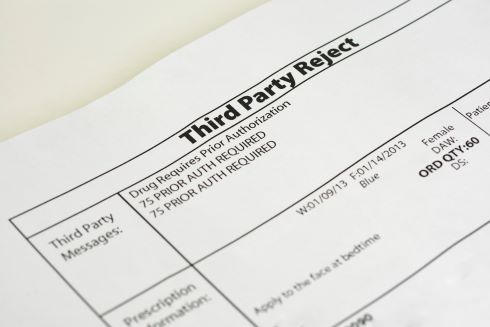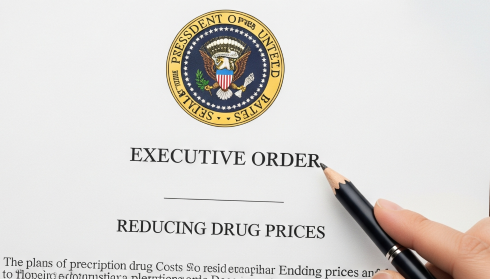High-income patients who paid high access costs were significantly more likely to receive treatment at academic centers
Managed Care
Advertisement
Healthcare providers should prepare for reduced Medicaid reimbursements, increased administrative complexity
Fifty major health insurance companies have committed to comprehensive reforms of their prior authorization processes.
The exodus from independent practice represents more than statistical change—it reflects fundamental economic pressures.
More efficient regulatory reviews could help bridge the gap in healthcare access by bringing essential medications to market
The policy directs HHS to pursue price equalization by linking U.S. drug costs to the lowest prices paid by peer nations.
Patients with LIS subsidies were less likely to receive any systemic therapy compared with patients not receiving subsidies.
This initiative is expected to eliminate up to 25% of all reauthorization requests
responding physicians (92%) reported that prior authorization causes treatment delays for their patients
Expert Interviews
Urban Health Today reports on clinical news and policy updates that directly impact urban health care providers and their patients.
Get research and expert insights straight to your inbox.








 © 2025 Mashup Media, LLC, a Formedics Property. All Rights Reserved.
© 2025 Mashup Media, LLC, a Formedics Property. All Rights Reserved.